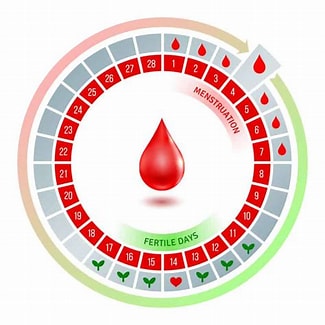
Ovulation, the release of an egg from the ovaries, typically occurs around the midpoint of a woman’s menstrual cycle. While not all women experience noticeable symptoms of ovulation most women do experience a number of signs symptoms.
Signs and Symptoms may include:
- Changes in cervical mucus: As ovulation approaches, cervical mucus may become clearer, thinner, and more slippery, resembling the consistency of egg whites. This change in cervical mucus is associated with increased fertility and can help sperm travel more easily through the cervix.
- Increased libido: Some women may experience an increase in sexual desire around that time. This heightened libido is believed to be influenced by hormonal changes occurring during the menstrual cycle.
- Abdominal discomfort or pain: Known as mittelschmerz, some women may experience mild cramping or aching on one side of the abdomen around the time of ovulation. This pain typically lasts for a few hours to a couple of days.
- Breast tenderness: Hormonal fluctuations during that time can cause breast tenderness or sensitivity in some women.
- Changes in basal body temperature: Basal body temperature (BBT), which is the body’s temperature at rest, typically rises slightly after ovulation and remains elevated until the end of the menstrual cycle. Tracking BBT can be used as a method to predict ovulation and fertility.
- Ovulation spotting: Some women may experience light spotting or vaginal discharge tinged with blood around that time. This is known as ovulation spotting and is thought to be caused by the release of the egg from the ovary.
- Increased energy or vitality: Some women may notice a surge in energy or vitality around ovulation, possibly due to hormonal changes.
It’s important to note that not all women experience these symptoms, and the presence or absence of symptoms does not necessarily indicate whether ovulation has occurred. Additionally, many of these symptoms can also occur due to other unrelated factors. If you’re trying to conceive or avoid pregnancy, tracking your menstrual cycle and observing these signs and symptoms can help you identify your fertile window. If you have concerns about your menstrual cycle or fertility, it’s always a good idea to consult with a healthcare provider.
For any concerns, queries or medical consultations you can reach out to us on https://hellodaktari.co.ke and book an appointment with us.
